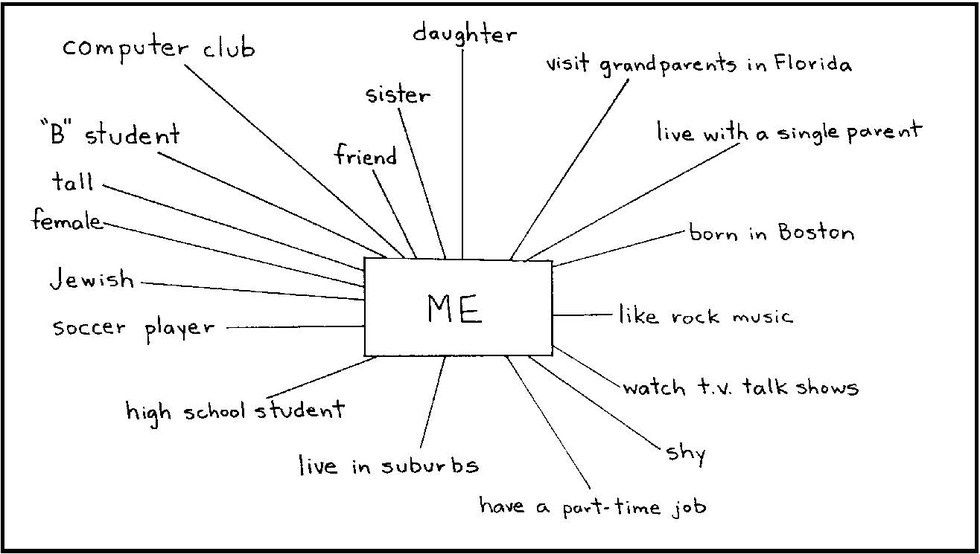What is our identity? It isn’t something that we hide to prevent thieves from stealing. I mean, we do have such a card hopefully, but identity is something much more than that. It is what defines us. It is what gives us direction and value. Everyone has an identity, and it takes years to form and is ever-changing.
One of the most prevalent matters as a college student is the formation and development of our identities. We have come to a new school where our lives from high school are essentially irrelevant. We must adapt and find new friends, new organizations, and new ways of life. In these circumstances, an identity crisis may occur. If someone was a football player in high school and then came to UTA, which lacks a football team, it might be reasonable to expect that person to change a few things up. Too many times, I have heard stories of college students that lost themselves in the midst of college. Testimonies of how people have stepped away from things they have known their whole life. Then there are also stories of how those same people found what they were looking for and more.
Fortunately, I was able to jump right in without losing a step. I was able to find outlets to let my ambitions loose. Campus ministries, sports clubs, Greek Life, and other organizations soon became a part of my everyday life. I also understand the other side of the tracks, since a long-time friend of mine took a different approach. He didn’t join any organizations or form very many new friends, so he was basically left with what he was majoring in to identify himself with. He is an excellent student and insists on maintaining his current course, even though I try to pull him out of that comfort zone. But that is where he wants to be, and that is where he holds his identity.
via facinghistory.org
Whenever we meet new people, we introduce ourselves, and then typically follow with questions that seek out what each other are about. We inquire about the other person’s major and their job in an attempt to learn more about the identity of an individual. We ask these types of questions with the intent of identifying the other person. Plus it’s just a really easy question to get the conversation under way.
Unfortunately, we do fall victim to things that provide a poor sense of identity. I stressed in a previous article the importance of understanding your personality style so you may know some of your strengths and weaknesses. Some people let whatever test result, which may or may not be correct, define themselves to the point of limitation. Just because you are a driven, independent individual, doesn’t mean that you are incapable of being sensitive to other’s feelings. Horoscopes also seem to have a large following within the community. These readings are quite generic, which draws in the common crowd, but they aren’t the best determinants of who a person exactly is. Any such reading or test should be considered, but it is by no means an absolute test of our character.
What I am saying is that we should be careful about what we let define our identity. One’s faith, service-based organizations, and their occupation all provide great places for a healthy identity to flourish. But there are times when people take a good thing and make the worst of it. Take, for instance, any relationship between two people – co-workers, friends, dating, married, etc. A lot of people define themselves by their relationship with others. On social media biographies, you may see, ‘mom of three,’ ‘father,’ or their significant other’s twitter handle. All these things are great, but is that all a person really is? Just because someone becomes a parent doesn’t mean that they should lose sight of their goals. That is an extremely unhealthy thing to do. Being engaged in any friendship or romantic relationship is a great identity when there is mutual encouragement and accountability in place. These types of relationships are catalysts to help us become the best possible versions of ourselves. Yet there are other times when we let an unhealthy relationship define us when it has nothing to do with your direction and identity as a person.
Ultimately, I could come up with various examples forever of good things turning sour, and vice versa. We as individuals have to be able to discern who we want to be, and how the things around us shape us to be. Think about what defines you. Is it consistent with who you want to be? If so, move in a healthy direction. If not, fix it, or dismiss it. Ain’t nobody got time for that!




















